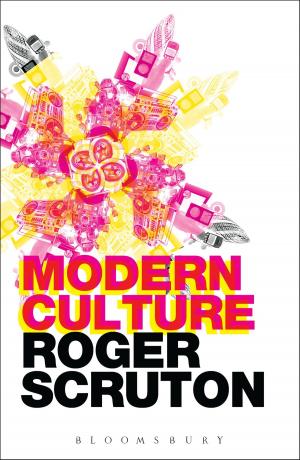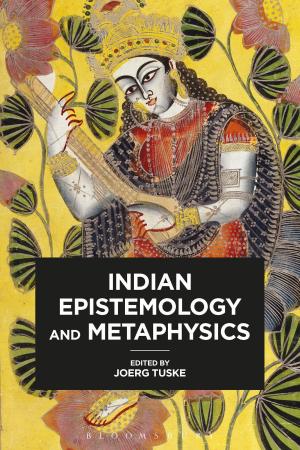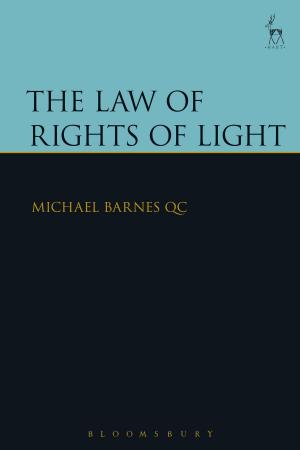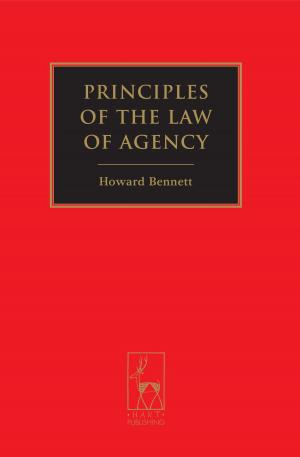| Author: | Neal Ascherson | ISBN: | 9781448206032 |
| Publisher: | Bloomsbury Publishing | Publication: | October 28, 2011 |
| Imprint: | Bloomsbury Reader | Language: | English |
| Author: | Neal Ascherson |
| ISBN: | 9781448206032 |
| Publisher: | Bloomsbury Publishing |
| Publication: | October 28, 2011 |
| Imprint: | Bloomsbury Reader |
| Language: | English |
What has happened in Poland? Poland has erupted four times in the last twenty five years, but only the events of 1980 have had comprehensive media coverage. As a result, many questions have been raised in the minds of Western observers. How were such changes possible? What forces lay behind them? In what way did the workers' strike relate to the demands for political democracy? Although a colourful and vivid eye-witness account of the 1980 upheavals, it is to these questions that Neal Ascherson's brilliant and thoughtful analysis mainly addresses itself. Viewing the situation in perspective, he argues that the Polish working class has brought about a controlled revolution, but is not intent on taking power for itself: the real heirs to the gains of 1980 and 1981 are likely to be the intelligentsia, in or out of the Communist Party. It is this social and political ferment that poses fundamental questions about the future of the whole Soviet system in Eastern Europe.
What has happened in Poland? Poland has erupted four times in the last twenty five years, but only the events of 1980 have had comprehensive media coverage. As a result, many questions have been raised in the minds of Western observers. How were such changes possible? What forces lay behind them? In what way did the workers' strike relate to the demands for political democracy? Although a colourful and vivid eye-witness account of the 1980 upheavals, it is to these questions that Neal Ascherson's brilliant and thoughtful analysis mainly addresses itself. Viewing the situation in perspective, he argues that the Polish working class has brought about a controlled revolution, but is not intent on taking power for itself: the real heirs to the gains of 1980 and 1981 are likely to be the intelligentsia, in or out of the Communist Party. It is this social and political ferment that poses fundamental questions about the future of the whole Soviet system in Eastern Europe.















